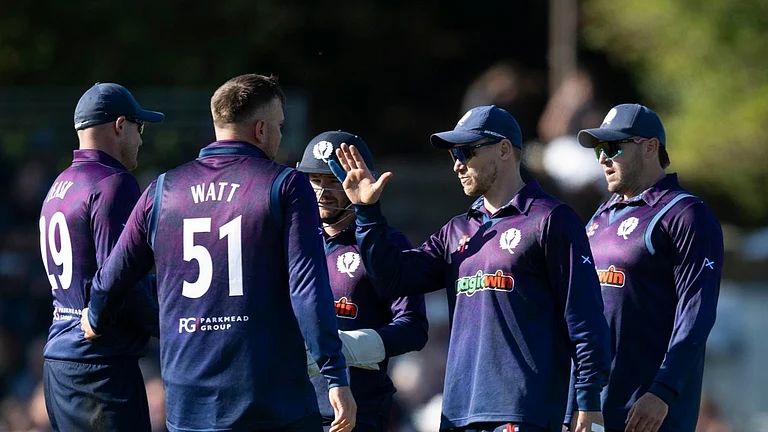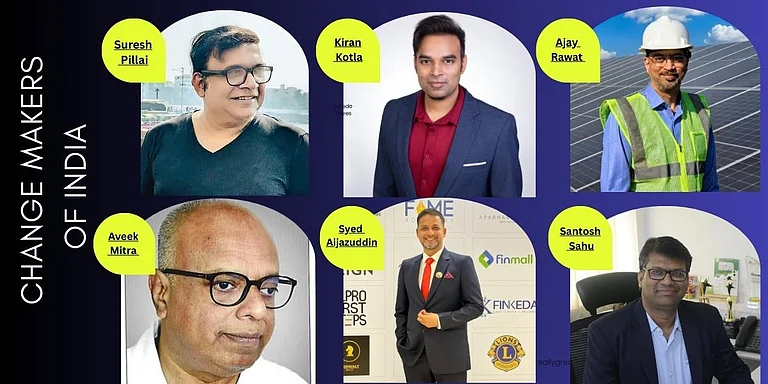At Decimal Point Analytics, we are pleased to announce the release of the first chapter in a thought-provoking four-part series exploring the need for India to establish a Ministry of Economic Security. In this piece, we will explore the rationale behind the creation of such a ministry and the key objectives it will help achieve. Subsequent articles will explore the details associated with this new government department.
“The success of economies is hinged on their ability to maintain control, achieve equilibrium and foster growth.”
Economic security is the anchor to national stability and growth. Long before Adam Smith wrote The Wealth of Nations, Arthashastra, authored by Chanakya about 2000 years ago, emphasized the importance of economic stability, military strength, and diplomacy. Chanakya, an Indian strategist, philosopher, and economist, understood that economic strength enhances a nation’s diplomatic leverage. In the Arthashastra, he advised that a ruler with a strong and stable economy could afford to engage in strategic alliances, extend influence, and deter potential aggressors. Chanakya's vision demonstrates the timeless connection between economic stability and global influence, advocating for a well-planned economy that serves as a foundation for effective diplomacy. Today, as the world’s 5th largest economy, India must assert this understanding to secure its future amidst rising global uncertainties.
Reinterpreting Economic Security in an Interconnected World
Economic security today, is no longer about protecting financial assets or borders. The modern concept of economic security is multifaceted, involving not just defense and diplomacy, but also technology, energy independence, and innovation. It is about ensuring technological autonomy, supply chain resilience, and safeguarding of national interests in an increasingly interconnected global landscape. This captures:
Sovereignty and independence: protecting a nation’s autonomy by reducing dependency on external forces, especially in critical sectors like energy, technology, and defense.
Economic prosperity: sustained growth and innovation across industries, safeguarding the well-being of citizens.
Fundamental rights: protecting the ability of citizens and businesses to operate in a stable, secure environment.
Economic security is no longer distinct from national security. In fact, the two have become inseparable highlighting the need for a comprehensive approach to shield economic interests. The Russia-Ukraine war and the Israel-Hamas conflict serve as reminders of how rapidly economies can be destabilized by geopolitical events. Japan, recognizing these risks, became the first nation to institutionalize economic security with the creation of a Ministry of Economic Security in 2021. This move is a clear signal to the rest of the world: economic security is as crucial as military strength for national prosperity.
Japan’s economic security relies on three key pillars: defense, diplomacy, and economic policy. Defense policy aligns economic resources with national security to protect against threats. Diplomacy focuses on building alliances to safeguard economic interests during crises. Economic policy prioritizes developing domestic industries, securing supply chains, and fostering innovation.
These strategies ensure Japan’s continued leadership in sectors such as technology; while minimizing dependency on external forces - a model India can draw valuable lessons from.
India’s Economic Security - The Right Step Forward
The chain of events that followed India’s nuclear tests in 1998, culminating in the sanctions imposed by the United States threatened to cripple the nation’s economy. Similarly, the prolonged US sanctions on ISRO delayed India’s advancements in space exploration. These events reinforce the need for India to shield itself from external pressures and ensure independence across critical industries.
With growing technological competition between global giants and disruptions in energy and manufacturing supply chains, India must prioritize its economic security. Building resilient systems, particularly in vital sectors such as energy and technology, is key. India must:
Strengthen Supply Chains: Global crises such as Covid-19 have revealed the fragility of supply chains, particularly in critical commodities. Developing resilient, diversified systems will secure India's access to essential resources.
Protect Infrastructure: Reliable infrastructure - electricity, transport, communication, and digital network - is essential for a thriving economy. Ensuring its security will propel and protect India’s future growth.
Nurture Innovation: India is now the world’s third-largest start-up ecosystem, and with the right government policies, public-private partnerships can accelerate innovation in areas like AI, quantum computing, and clean energy.
Balance Autonomy and Collaboration: India must solidify domestic industries while maintaining strategic partnerships with global allies.
Shaping the Future: Turning Past Experiences into Success Strategies
Historical events highlight how lack of economic security can cripple a nation. During the French and Indian War (1754-1763), the British capitalized their economic superiority by controlling trade routes to outlast the French. While the British won, the financial strain doubled their national debt, leading to increased taxation at home - a reminder of the consequences when economic security is overlooked. On the other hand, during World War I, the UK’s Ministry of Blockade employed analysts to study global supply chains, ensuring they stayed ahead in the war effort. This strategy enabled the British to outlast their adversaries by securing critical resources and maintaining economic strength.
India must take necessary steps to ensure economic security, especially given the fragile global geo-political environment. This requires a collaborative effort between the Indian government and industry leaders, supported by comprehensive data on industries, networks, and global supply chains. Only through forward-looking policies can India protect its economic interests while promoting innovation and growth.
India’s NITI towards Economic Security
India’s economic history has been one of adaptation and resilience. But as global challenges evolve, we must recognize the inseparability of economic and national security. The establishment of a Ministry of Economic Security in India is no longer a distant goal - it is an urgent necessity.
As Chanakya once said, “An unprotected ruler will be ruined even if he has a strong army.” In today’s world, that protection extends beyond military might - it comprises economic resilience. Now is the time for India to act in order to secure its economic future before the next global crisis strikes.


























